On the 21st of October 2020, some hours after the Lekki Toll Plaza massacre, another part of Lagos, Surulere, was under attack by men of the Nigeria Police who used live bullets on unarmed and peaceful citizens. Coming from low economic areas, many of the victims were unknown. One victim, Ridwan Oshodi, was in the hospital from October 21 to December 10.
Muibat Oshodi was watching the television in Ikotun, Lagos, when she saw the chaos that was overtaking the city. The evening news reported the shootings at the Lekki Toll Gate, as well as the curfew declared by the Lagos State Governor, Babajide Sanwo-Olu.
The first announcement of the curfew was at 12pm, on October 20. In the midst of traffic and the #EndSARS protests that had taken over the country, many were rushing to get back home before 4pm. By 4pm, the curfew was extended to 9pm. But not everyone knew about what was happening. A majority, mostly those from low-economic homes who were not on the Internet, were oblivious to the development that had taken place.
Ridwan, Muibat’s first son, worked as a tailor at the Tejuosho Market at Yaba. He never did anything else outside work. She had asked him not to go home that night if he did not finish early from work.
“I called him and his two siblings and told them not to get caught in what was going on, that I din’t want any trouble. I told him if he didn’t finish quickly, he should stay back in the shop and sleep. I knew that a fight had broken out at Barracks, Area C,” Mrs Muibat told FIJ.
All three siblings lived together around Barracks in their late father’s house. Ridwan had assured his mother that he had heard her, and had asked her to speak to his younger brother to warn him not to go out.
“At Tejuosho, there is a place where we usually slept till the next morning,” he said. “I slept there. I did not know what was happening outside because I use a ‘small phone.'”
WALKING INTO A DEATH TRAP
This safety measure should have been enough to put Mrs Muibat at ease because Ridwan heeded his mother’s warning. That night, he didn’t go back home. He slept in the shop. But it was the next morning when Ridwan decided to go freshen up at home — he trekked from Tejuosho to Barracks — that he noticed a heavy police presence in front of Area C police station. The police had blocked the express road in their huge numbers. Some were in uniform and others were in mufti. Ridwan had not heard of the curfew and wondered what was happening. People were just standing at various junctions of their streets observing and talking mostly about the Lekki Massacre that had happened a night before.
Around 7:30 a.m., a junction away from his house, Ridwan exchanged pleasantries with his friends who asked where he had been. Hadn’t he heard of what happened? They went on and told him he couldn’t return to work because of the curfew. Within this time of discussion with his friends, the policemen started approaching, gesticulating with their hands to the people, shooing them back to their houses, but the people didn’t move, as they continued watching to see what would happen.
“The police shot. People were running and I ran too and noticed my legs lock and I fell down,” Ridwan said. “They did not just shoot once.”
As if empowered by the massacre that took place a night before, the police went on a rampage. As he fell, he lost consciousness. From upstairs, Zainab, his sister, and his younger brother, heard the gunshots. The bullet went through his stomach and hit a bone in his back. He was rushed to a nearby hospital that gave him first aid before he was taken to the Lagos University Teaching Hospital (LUTH). The bullet paralysed him.
NO RESPECT FOR IGP’S REVISED FORCE ORDER

In 2019, Nigeria’s Inspector General of Police, Mohammed Adamu, revised Force Order 237, the Order for the proper use of firearms in the police. Adamu was quoted by a local newspaper as saying he had initiated actions towards the acquisition and deployment of taser guns. He said this was “with the intention of addressing public concerns on misuse of firearms by the Police with its attendant consequences on lives”.
The revised Force Order 237 states that firearms may be used by a police officer when necessary to disperse violent assemblies, only when there is imminent threat of death or serious injury. Force Order 237 also notes that “indiscriminate firing into a crowd is always unlawful. Firearms may only be used against the person(s) posing an imminent threat of death.” It also further states that “12 or more people must remain violently assembled beyond a reasonable time after the reading of the proclamation, and that the persons conduct may lead to imminent death or serious injury to the police or other persons before the use of firearms can be justified.”
On the 21st of October, the Nigeria Police did not adhere to Force Order 237. Nigeria as a country is a signatory to various organisations on human rights. The Banjul Charter which is also known as the African Charter on Human and People’s Rights has not been effective on African Union member states.
LIFE ON A WHEELCHAIR AND IN A DINGY ROOM
Mrs Muibat is seated on the floor. She offers me a chair. On the bed is a young man. His legs are thin. He is sleeping. The heat is suffocating, and from time to time she fans him. The young man has no clothes on and he turns once or twice, a moist sweat covering his skin. He is uncomfortable and scratches his torso. He is 27. A large scar runs down his stomach through his navel. His neck is angled awkwardly. It is long. Maybe it looks longer because he looks thinner. The only thing he has on him is an adult diaper. His arms are long. When he wakes up, he looks a bit confused. His eyes are blank. The door is left open to let breeze in. At the corner of the room is an old, rusting fan. What comes in, instead, is the sound of a roaring generator and the loud volume from the neighbour’s television who is watching Africa Magic Yoruba.
“This is my son Ridwan,” she says. She looks at him, watching if he is comfortable. She takes the piece of cardboard from him and fans him. When she looks at me, she tries not to cry. The only thing left of him is his hope in life. For now, he can’t do anything on his own. He depends on his mother, sister and brother, for everything. And they give him everything.
The room is filled with Ghana-Must-Go bags which contain clothes and other properties. Ridwan sleeps on a very thin mattress. It can only be slept on comfortably by one person, at most two. The rug is a faded grey that has been swept with a broom over and over and has lost whatever beauty or softness it was to give the room. One door leads to the kitchen which looks unused. The other door is closed, it’s the toilet and bathroom. I don’t ask where his mother and siblings sleep, but it seems they all squeeze themselves on the floor in this one room. A wheelchair is used to keep the door open. Buying the wheelchair was the pre-condition the doctor gave Mrs Muibat when she wanted her son discharged from LUTH. The expenses had eaten deep into her pocket. Her son had been in LUTH for almost two months, since October 21 and only got discharged on December 10.

Around 8 a.m. Mrs Muibat received a phone call informing her that her son was shot by the police.
“I had to trek from Ikotun to Gate because there were no buses. I then boarded a bike from Ilasa to Barracks. When I got there, they told me they had rushed him to Havana Hospital. When I reached Havana Hospital, they said they would transfer us to LUTH that they would just give him what would sustain him,” Mrs Muibat says.
The doctors at Havana Hospital gave Ridwan first aid and transferred him to LUTH in their ambulance. At LUTH, Mrs Muibat had to pay for registration, MRI scans, and x-rays. With rising debts, which she had to pay off, she was left with no option than to take Ridwan home. The bullet had affected his backbone. Even when injected, Ridwan couldn’t feel a thing. Being the only one who was handling the bill, the burden was heavy.
When I asked how much she had roughly spent, Mrs Muibat exclaimed. She started reeling out some of the costs. She spent N70,000 on the first x-ray . As she looked for the receipts, some of which had gotten lost, Ridwan looked on. Only his eyes moved. Six physiotherapy sessions that would help Ridwan move his leg were paid for. He moves his leg slightly with his hand. Mrs Muibat brings out receipts upon receipts. She paid N30,000 for the wheel chair and N51,600 on medicines.
“All these are for drugs,” she says as she shows me loads and loads of receipts, many of them dating back to Ridwan’s first day at LUTH. Up until his discharge, Mrs Muibat estimated she spent more than N500,000.

THE BIBLE OR THE QURAN?
On Ridwan’s bed is a Yoruba Bible. On a small stool is the Holy Quran. While at LUTH he met a pastor who became fond of him and gave him the Bible, besieging him to always pray and not give up. Close to the door is a switch that serves a more functional purpose; several bags and a wig are hang on it. All the times I have been here there has been no electricity.
“I just keep praying to God to help me so I can walk again,” Ridwan says. Already, around the area, there have been rumours spread that he is dead. Some say he is paralysed. None of his friends have come to visit him. And his sister doesn’t want anyone coming to visit. It will only fuel more idle talk.
‘DESMOND ELLIOT SENT N20,000’
Zainab looks like her mother. As a tailor, her brother needs his legs to work she says. She works as a stylist at a hair salon. When the bills kept increasing, her brother’s boss sent in some money. But when they needed money to buy the wheelchair, he stopped picking their calls after promising to help. When Zainab later challenged him about his behaviour, he said he was out of cash and didn’t know how to communicate.
Surulere, where Barracks is located, is a Federal Constituency represented by Femi Gbajabiamila, the current Speaker of the House of Representatives. Mrs Muibat and her daughter tried to get across to the Speaker but to no avail. On his website, Gbajabiamila has a contact section subtitled: Reach out to me personally. An average Nigerian who has no email address can’t contact him. I send him a message waiting for a response.
Desmond Olusola Elliot who is a member of the Lagos State House of Assembly, representing Surulere 1, describes himself on his Instagram page as a grassroots politician. Through different connections, Mrs Muibat was able to speak to Desmond.
“He called me and asked for the condition of Ridwan. I explained everything to him. Then he asked for my account number,” Mrs Muibat said.
“How much did he send?” I ask.
“He sent twenty thousand.”
I wonder for a while if it could be in a different currency other than naira. I take a long pause. Then I ask. Perplexed, “Desmond Elliot sent N20,000?”
Mrs Muibat nods her head as she stares at my unbelief. “Yes, yes; he sent it to my account.”
‘Desmond Elliot sent N20,000’ becomes a phrase that rings in my head and seeps into my subconscious. Since October, when Desmond sent the money, his number stopped going through. Asides contributions from friends, Mrs Muibat had hit a dead end. Nobody was willing to help.
FATHERLESS AND POWERLESS
Ridwan’s father died in 2008. When I visit, they are marking his memorial. His aunts from his father’s side have come to pray. They are frying akara outside, and sharing it with bread to neighbours. Ridwan is on the bed. He appears more active. When he is tired of lying down he asks to be put on the wheelchair. He instructs his younger brother to take N1,000 naira from one of the bags hanging from the switch near the door. There is still no light. He tells his brother to buy his aunties cold bottles of coke and asks if I’d like bread and akara.
When he was younger, he used to live with his uncle at Ikorodu, where he was learning how to be a mechanic. Currently, his younger brother is also understudying a mechanic.
Ridwan dropped out of secondary school in his penultimate year and instead went to an Islamic school for six years. He told me he couldn’t read or understand what was written in English and found it difficult to cope. One day, while at work (not too far from where he currently lives), where he was learning to be a mechanic, he went home to take a CD to see a movie. At the time, he and his older brother lived with an uncle at Ikotun. His father had been sick. And when he saw his mother that morning, she told him he was recovering and had even finished a cup of pap, which was unusual. Almost two and a half hours after he got back, his step older brother received a call. They were asked to come home. Ridwan changed into his clean clothes, oblivious of the news that awaited him. It was when he entered the compound and saw people crying that it hit him that his father was no more. Afterwards he took the responsibility of working and supporting his mother. On the floor close to his mattress, there are two earphones. He says he only listens to Islamic music. On his left hand is a tattoo of his name written in calligraphy. He got the tattoo on his birthday last year. After his father died, his mom had to stay indoors for three weeks as part of traditional rites. It was during this period that he stopped learning how to be a mechanic and took up tailoring.
Ridwan went for clinic. His wound has been cleaned. His mother said they had to go with their own bandages and cotton wool, and had to pay N500. There is electricity, unlike other times. Christmas is drawing near but nothing has changed. Mrs Muibat bought water melon, which she implores Ridwan to eat. She says she will return to Ikotun next year. The past two months have been the hardest and most gruelling for her. Sleepless nights, emotional turmoil, and financial debt have eaten into her. Ridwan brings out a bottle close to his head, and in the most natural manner, slides out a catheter and transfers his urine into the bottle. His mother looks on. I look on too. This is his life now, urinating through a catheter. How does one’s life change in the snap of a finger? From being able to walk and feed himself, to being in bed unable to move his back. In all these, Ridwan and his mother have been left on their own.

.
A doctor explains to me that a catheter is used when the person is in retention (inability to urinate) from possible spinal problems. The brain controls the bladder for the person to sense that it is full and there is a need to urinate. The nerves controlling this can be destroyed by the bullet, which leads to the loss of that control and the eventual need for assistance by using the catheter.
The Nigeria Police PRO in Lagos, SP Muyiwa, asks for details about what happened. His replies come a day after but he doesn’t follow up after that. Emails to Honourable Gbajabiamila and Elliot go unanswered. The next appointment date for Ridwan is February 2021. The doctor said they will start working on his legs after all his bullet wounds have healed. There is some hope that he might be able to walk again, but not anytime soon.
On Christmas Day, the Christmas lights in Lagos don’t work because there is no power. Mrs Muibat is cooking white rice, frying plantain and making stew with chicken. Ridwan is in bed. When I walk in, he is holding a bottle that is filling up with urine which he is passing through the catheter into a bottle. He had just finished eating. When he’s done urinating he covers the bottle. His mother takes the almost filled bottle, pours the urine into the toilet and washes the bottle. Each time, she tells him “pele.” She tells me she can’t wait until February, the date LUTH gave her to bring Ridwan back to the hospital to start physiotherapy. She found a local physiotherapist who would come twice a week. The man had come a day before, working on Ridwan’s leg. Because the wound at the back (through which the bullet exited) is still not healed, they can’t work on the back. Mrs Muibat said she gave the man N30,000 to come for the next three weeks. She is to pay a total of N80,000. Her plantain-selling business is currently on hold. She says she would need between N300,000 and N500,000 to restart. She sources plantain from Benin State, a distance of almost 323km that lasts for more than five hours.
ISLAM OR CHRISTIANITY, IT’S ALL ABOUT PRAYERS
Ridwan pushes himself up. It is a struggle. His legs dangle like appendages. His mother encourages him to try to move the leg to show that the physiotherapy he is receiving is working. He is reluctant to. A friend of Mrs Muibat’s walks in. He is seeing Ridwan for the first time. He is shocked. “Look at how thin his leg is,” he says.
“It was far thinner than this. He has even added weight now,” Mrs Muibat explains to the man who is looking mouth agape. The man says “for him to be passing urine through a tube it must be serious o.” He tells Ridwan he should be grateful to God that he is alive unlike the many that died on October 21… that his mother’s prayers kept him.
When Ridwan’s father was alive, he would never have tolerated his mother going to church. Mrs Muibat doesn’t care. She attends a church, where she prays. And also still practises Islam. The bottom line for her is that prayers are important. The belief that the prayers of his mother is what kept him alive is common across many Nigerian households. A little theological discussion goes on about a Muslim cleric who joined the Celestial Church of Christ and started his own ministry. One of Ridwan’s friends who’s come to visit him condemns it. Ridwan’s mother refuses to judge the cleric, “he knows what he saw that made him become a Cele,” she argues back. She shows the boy the Bible and Holy Quran that are on the window, and she rings a bell that she bought. For her, prayer is prayer, regardless of religion.

The heat is overbearing. Ridwan and his mother pass a hand fan to each other. The intimacy in that simple act of passing a hand fan to each other is layered with the easy flow of conversation. It is like old friends who know each each other since childhood.
Nigeria’s judiciary is one of the weakest institutions in the country. In a country where the actions of those in power dictates the reaction of ordinary citizens to the rule of law, justice becomes an abstract noun. President Muhammadu Buhari who was voted into power on his anti-corruption crusade had promised to follow the rule of law. Shortly into power, he ignored a 2015 Federal High Court ruling by Justice Adeniyi Ademola to release the former National Security Adviser, Sambo Dasuki. According to a local newspaper, the federal government had at three different times failed to obey court orders granting Mr. Dasuki bail. A similar treatment was meted out on Ibraheem El-Zakzaky, the leader of the Shi’ite group, Islamic Movement in Nigeria. El-Zakzaky as arrested alongside his wife in 2015.
In his office, Barrister CJP Ogugbara explains that when President Muhammadu Buhari flouts court rulings, it empowers the police to also flout judgements delivered against them, especially when such judgements involve monetary compensation to victims. This larger injustice is the apex of the little injustices that lead to it. Even if a court ruling was given in favour of Ridwan, the police is likely not to follow through with paying any compensation. Barrister Ogugbara believes that if criminal policemen directly paid victims from their salaries, there would be a radical reduction of cases of police violence. For now, Mrs Muibat is not waiting for government institutions like the hospital or politicians before she takes the next steps forward in restoring her son’s health. This is the reality of many Nigerians, being a government to themselves. The question of justice still remains looming for a country many have described as a vast crime scene.
Subscribe
Be the first to receive special investigative reports and features in your inbox.


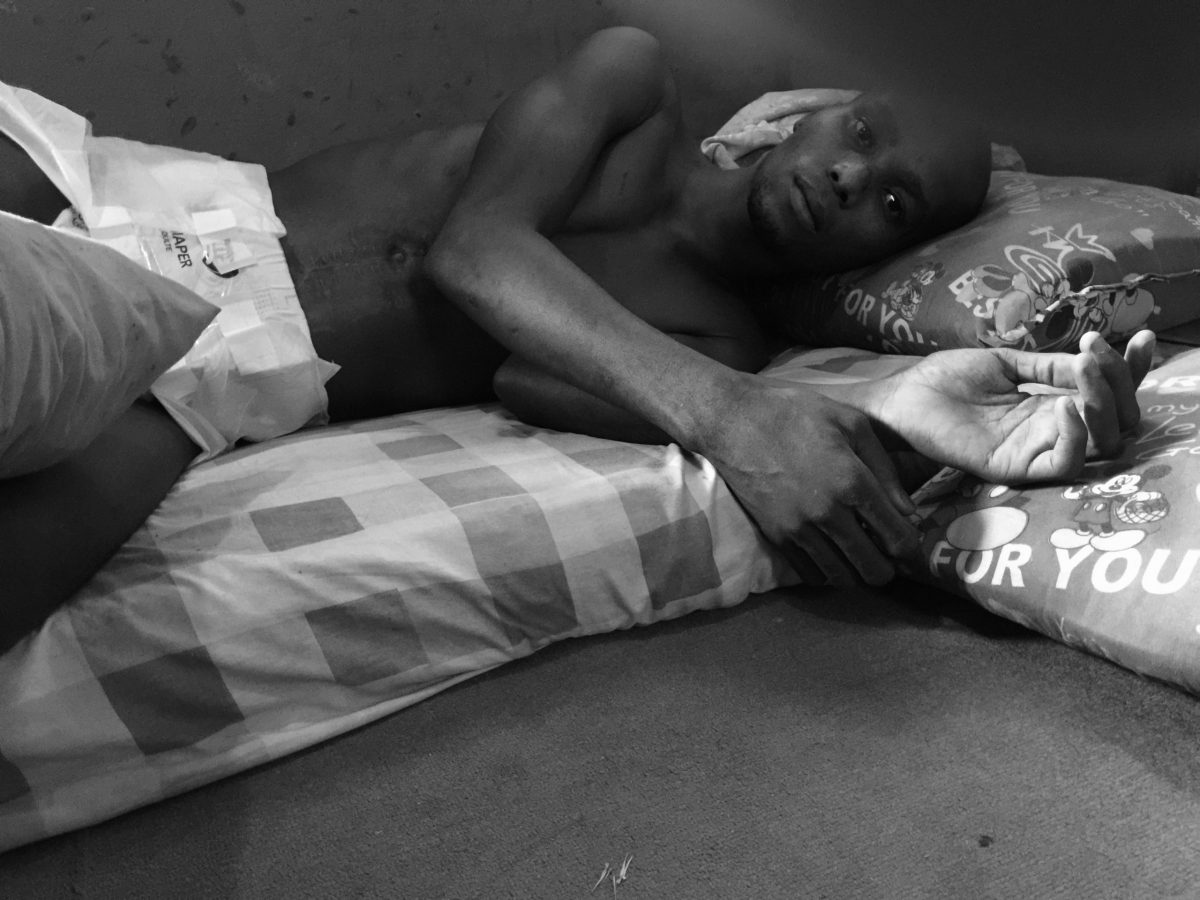



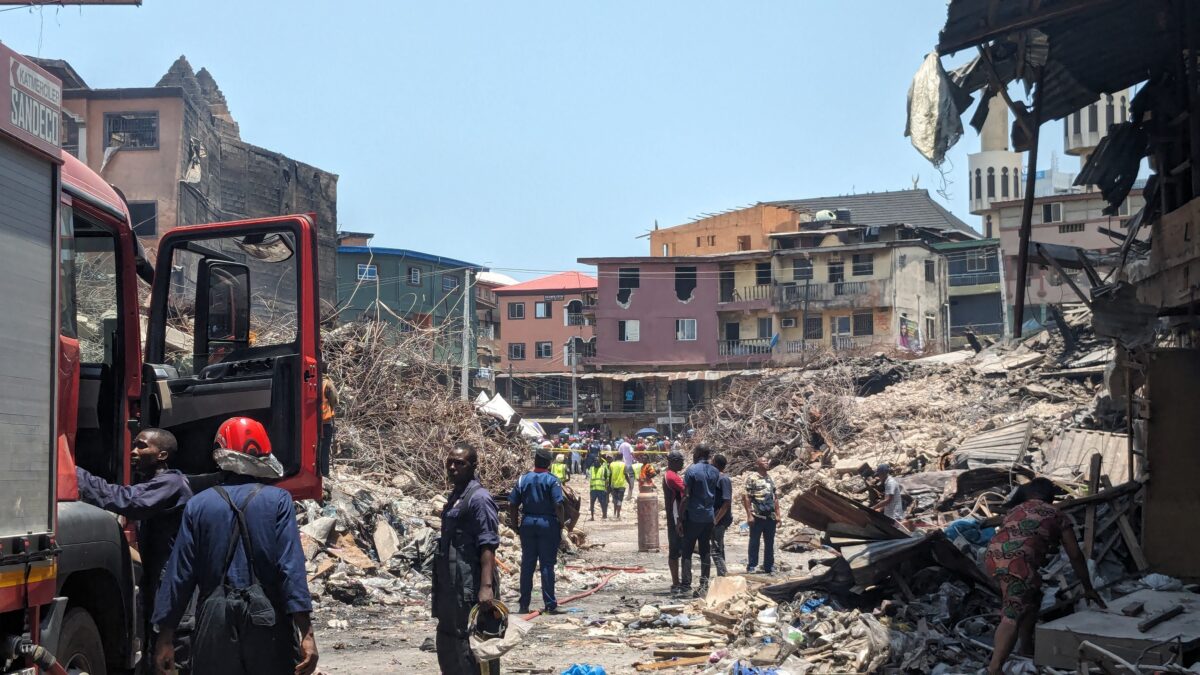

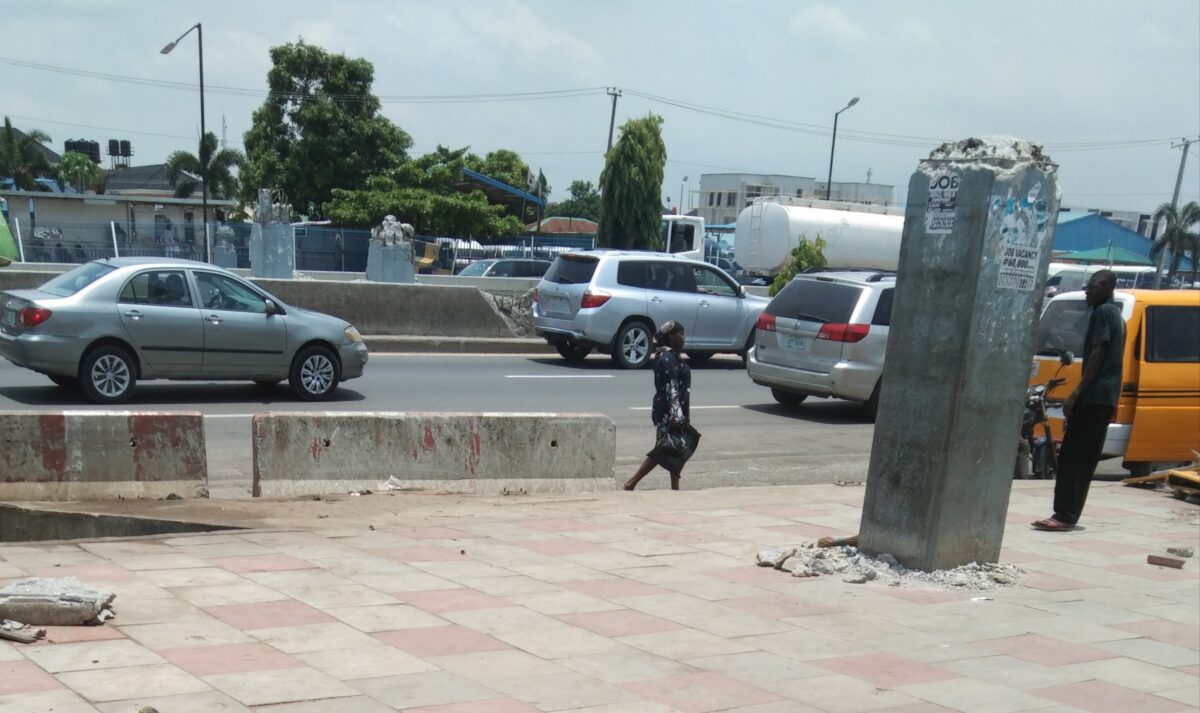
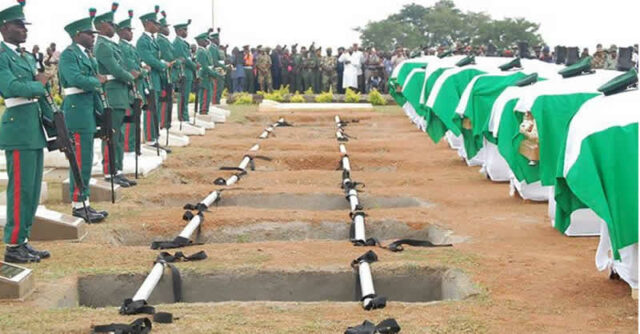
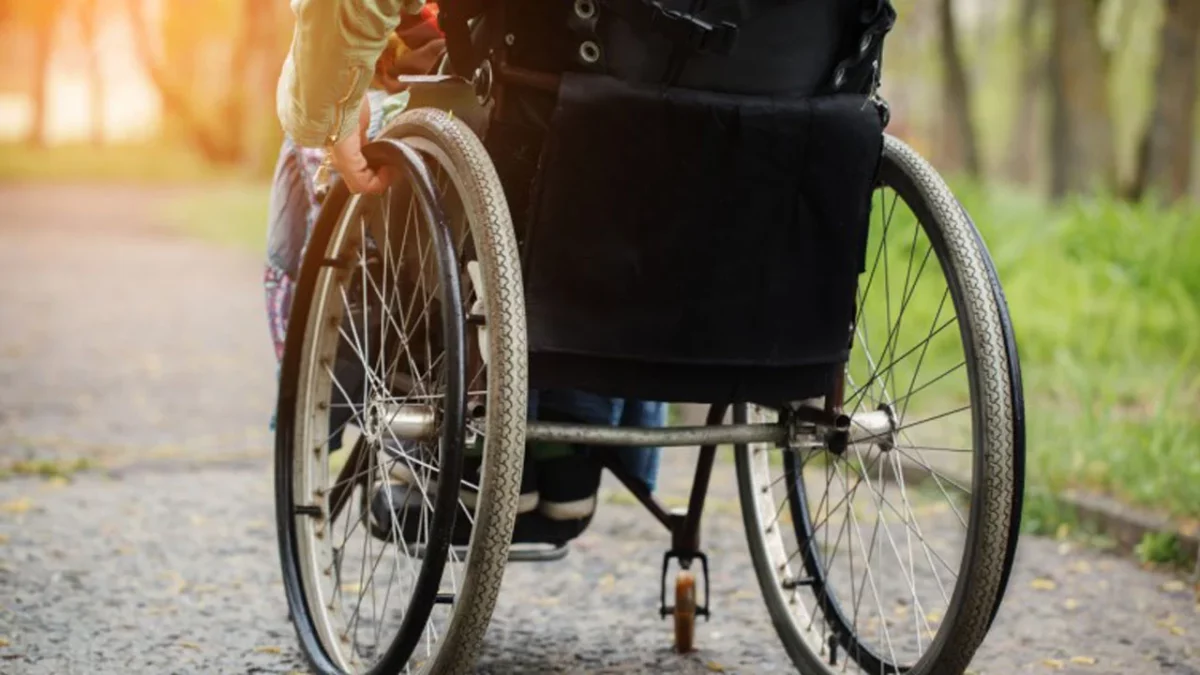


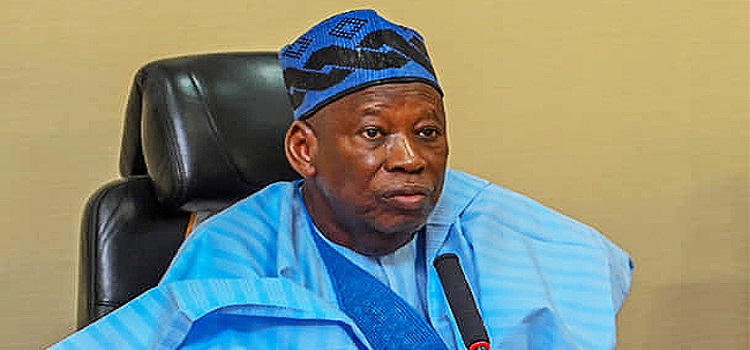
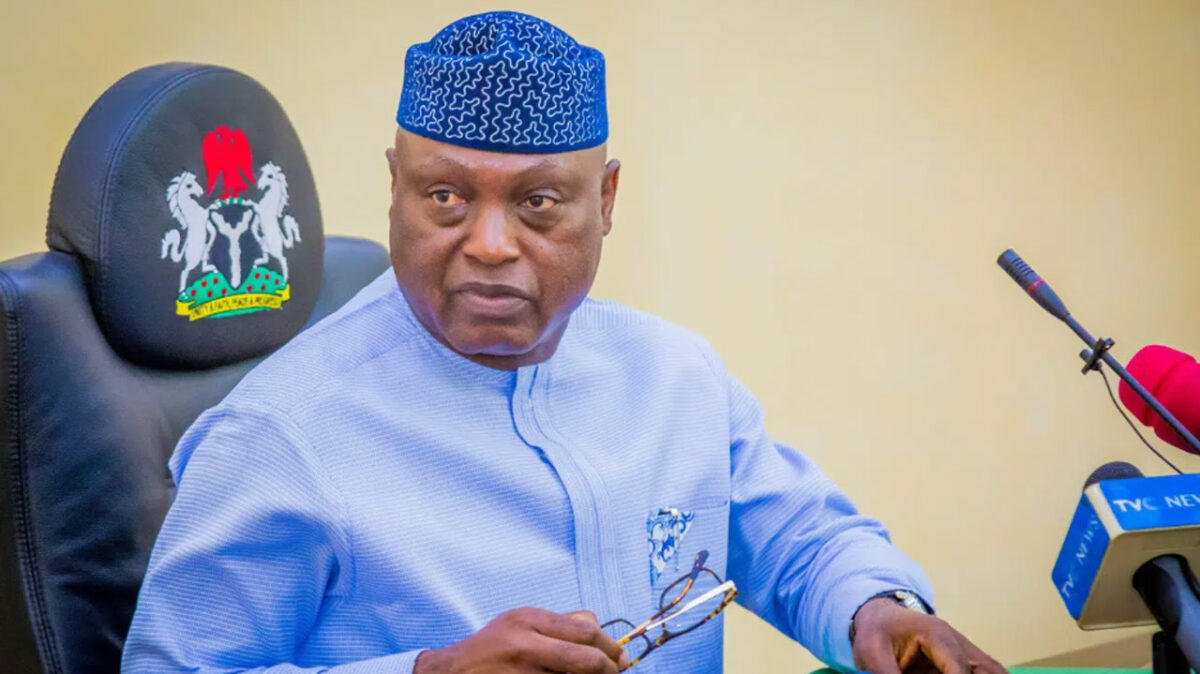
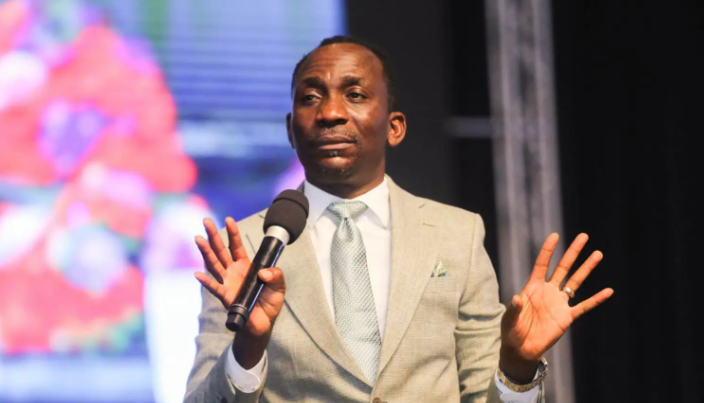
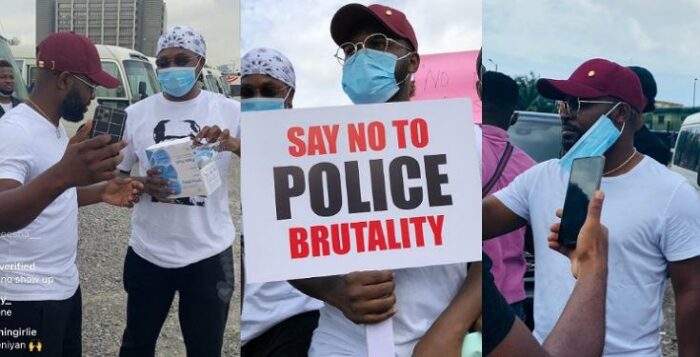
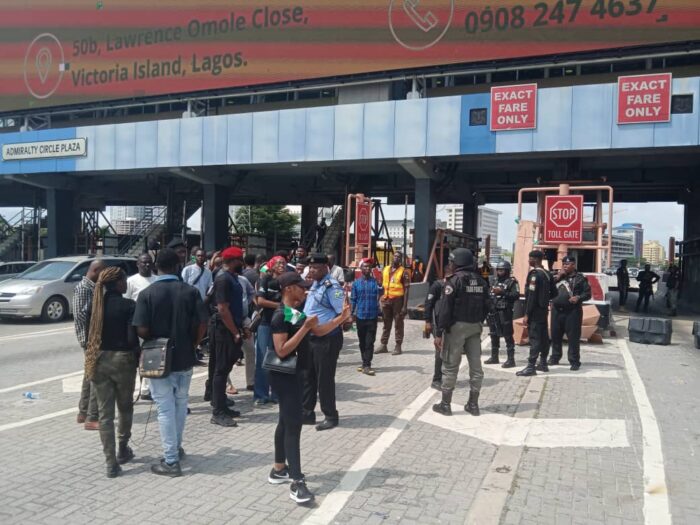
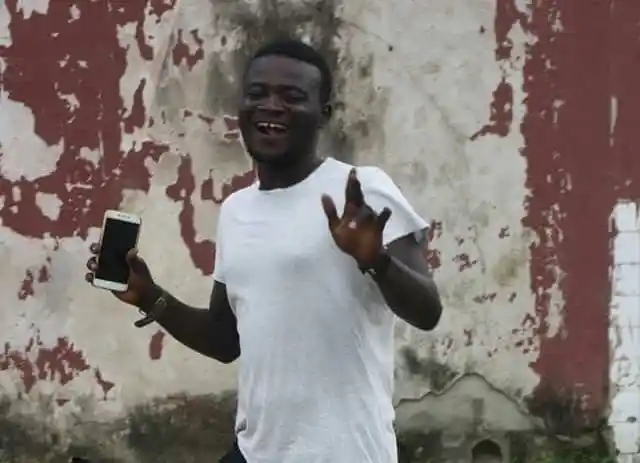
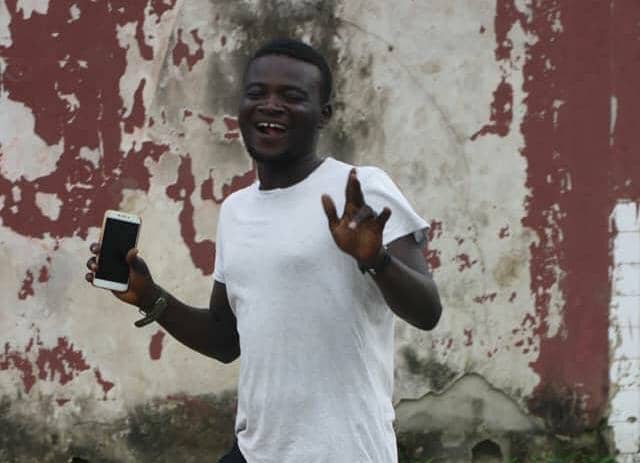
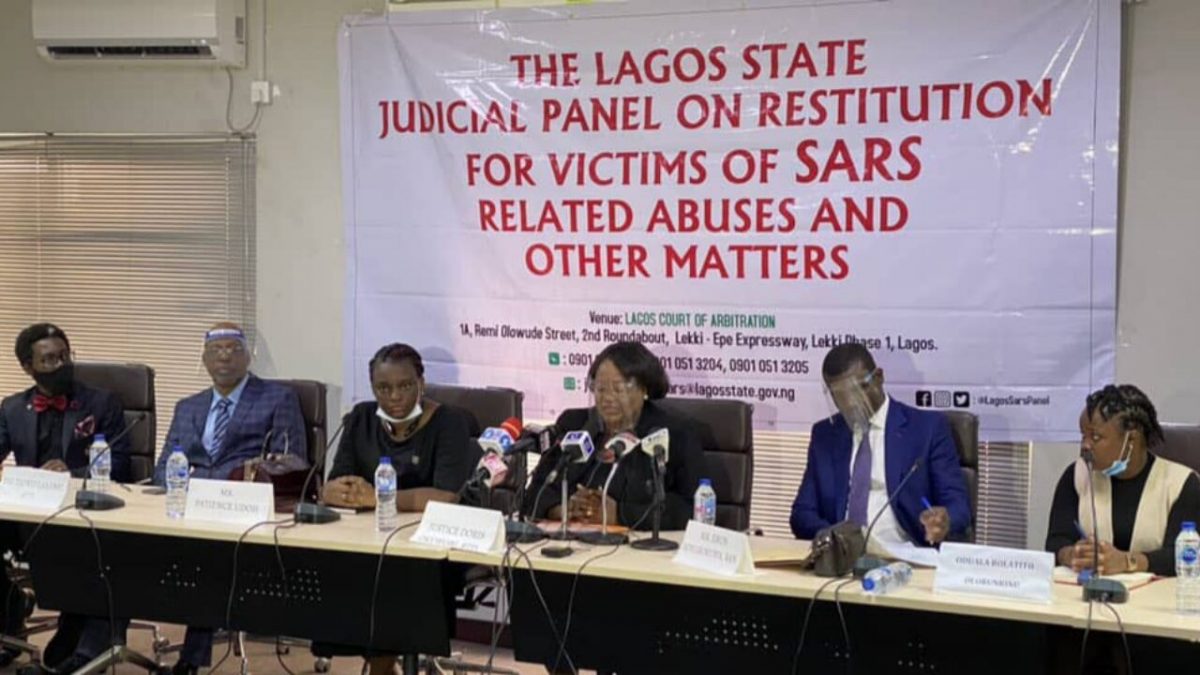
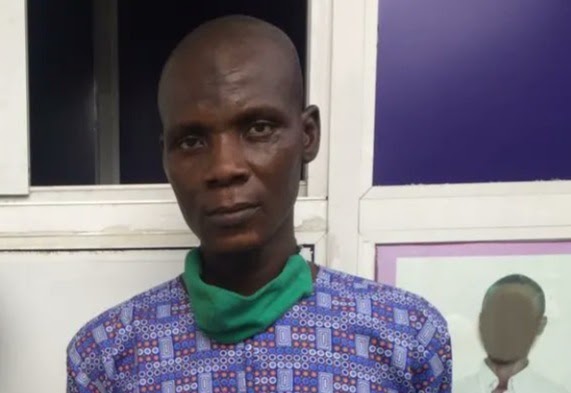
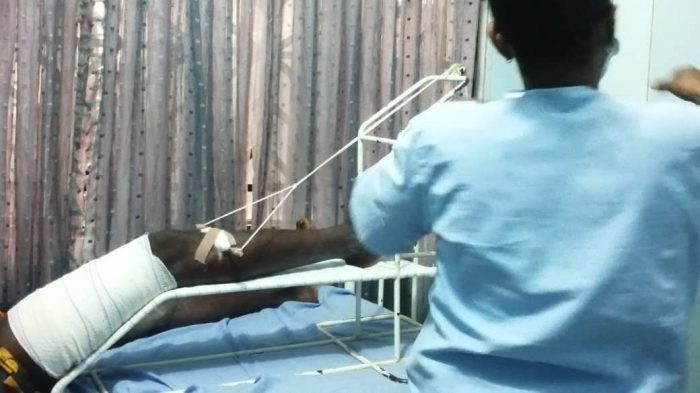
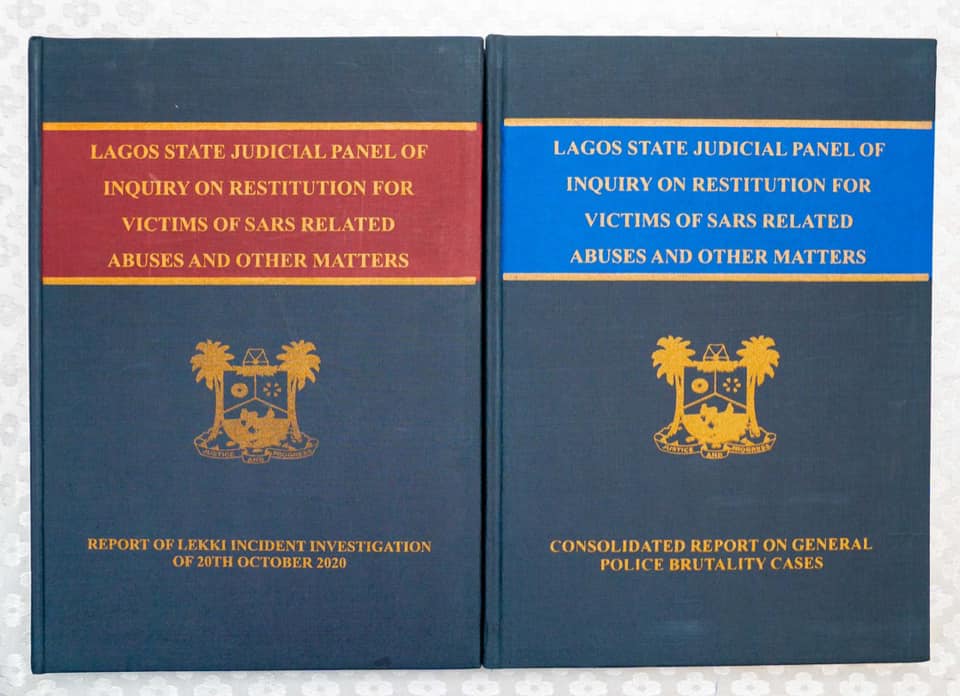
5 replies on “PARALYSED: A Lagos Policeman’s Bullet Hit Him in the Stomach and Pierced through His Backbone”
Hmm… This is really deep! We cry for Justice in Nigeria!!
This is a very sad and emotional one, i lost my composure reading it.
Thank you very much for the hard work and responsibility of bringing stories like this to the fore.
The next important thing is how we go about mobilising assistance and support for victims like this, holding the culpable govt agencies to responsibility and seeking financial support from well meaning Nigerians.
This young man like many that have suffered a similar fate deserves another shot at a decency of life and life they must live.
Thank you for the good work you are doing.
This is one of the greatest reports. Very detailed.
Nigeria is way gone!
So pathetic.
Can you kindly share the account details of Ridwan mother with us
Hi Opeyemi,
Thank you for showing concern. Here is the account detail of Mrs Muibat Oshodi.
2052765180
Oshodi. M Temitope
UBA Bank